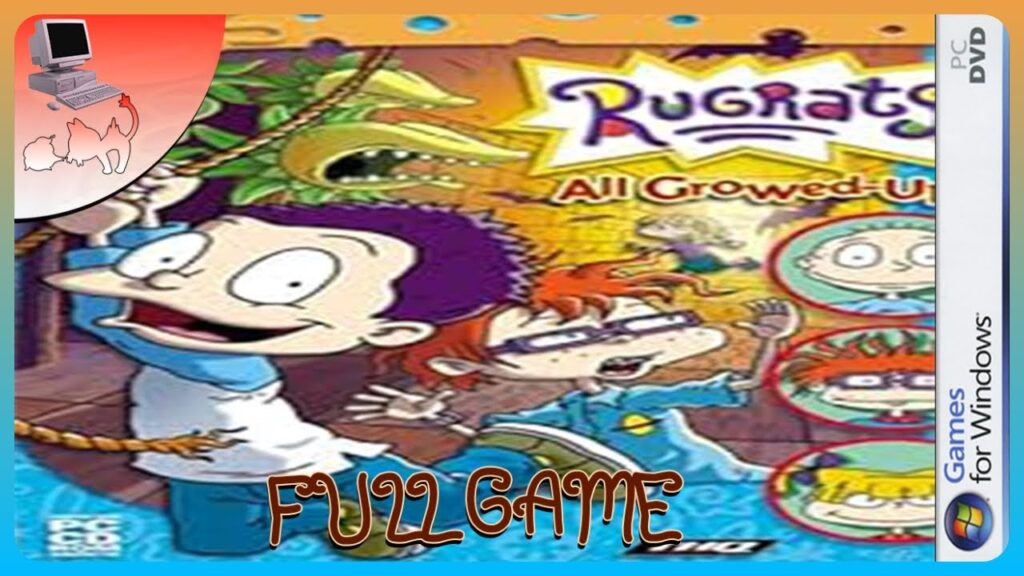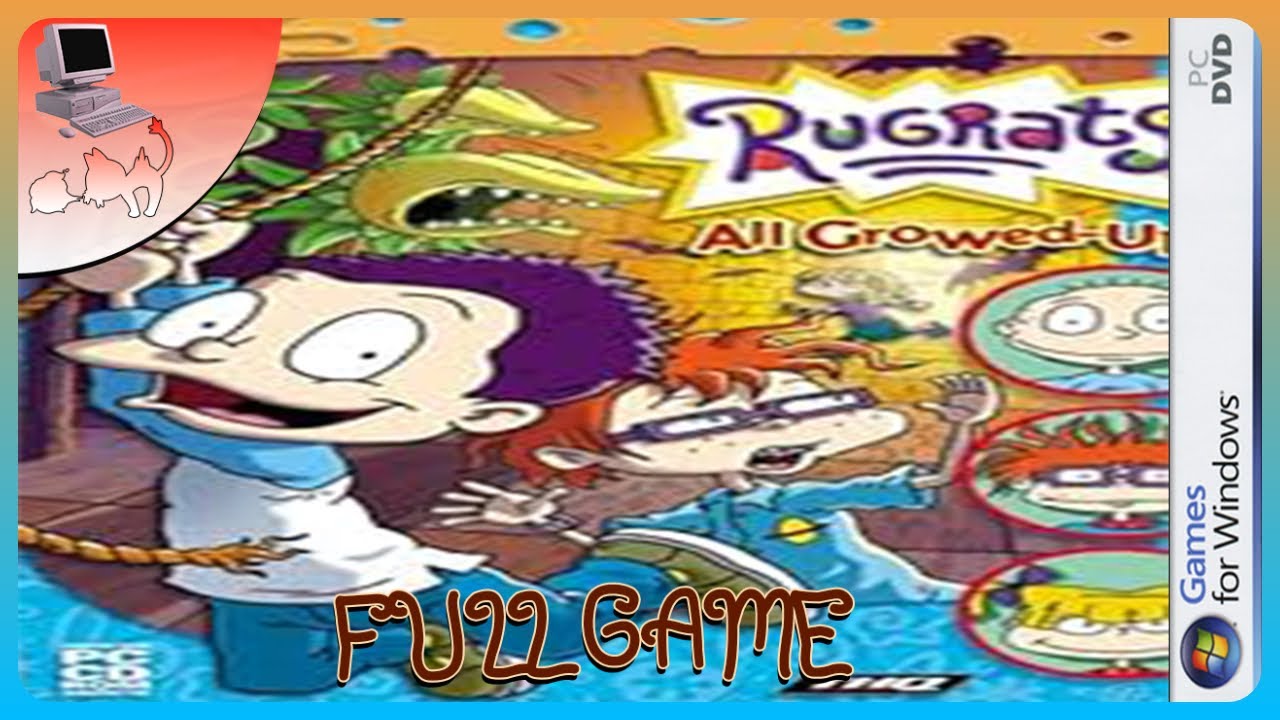
Navigating the Complexities of ‘Growed Up’: A Deep Dive into Language Evolution and Usage
The English language, a constantly evolving entity, presents numerous linguistic puzzles. One such puzzle is the seemingly simple, yet surprisingly complex, verb “grow up.” While the standard past participle is “grown up,” the form “growed up” occasionally surfaces in spoken and written English. This article delves into the intricacies surrounding “growed up,” exploring its origins, usage patterns, and the reasons behind its non-standard status. Understanding the nuances of language, particularly when dealing with irregular verbs like “grow up,” is crucial for effective communication and a deeper appreciation of linguistic evolution. We’ll examine the historical context, explore regional variations, and discuss the implications of using “growed up” in different settings.
The Standard Form: ‘Grown Up’
Before dissecting the non-standard form, it’s essential to establish the accepted grammatical norm. The verb “grow” is an irregular verb, meaning its past tense and past participle forms do not follow the regular -ed pattern. The past tense of “grow” is “grew,” and the past participle is “grown.” Therefore, “grown up” is the grammatically correct form to use when describing someone or something that has matured or developed. For example, “She has grown up into a responsible adult,” or “The plant has grown up towards the sunlight.” Using “grown up” ensures clarity and adherence to standard English conventions.
The Emergence of ‘Growed Up’: A Look at Linguistic Evolution
So, where does “growed up” come from? The appearance of “growed up” is a fascinating example of how language evolves. It stems from a process known as analogy, where speakers apply regular grammatical patterns to irregular verbs. In English, the most common way to form the past tense and past participle of a verb is by adding -ed. Children, in particular, often overgeneralize this rule, leading to forms like “goed” instead of “went” or “eated” instead of “ate.” Similarly, “growed up” can be seen as an attempt to regularize the irregular verb “grow.” This isn’t necessarily an error; it’s a natural part of language acquisition and change. This is particularly true in dialects where the influence of standard English is less pronounced.
Regional Variations and Dialectal Influences
The use of “growed up” is often associated with specific regional dialects. While not considered standard English, it may be more common in certain parts of the United States or the United Kingdom. Dialects often preserve older forms of language or develop unique grammatical features. In some regions, “growed up” might be an accepted or at least understood variant, even if it’s not used in formal settings. Understanding these regional variations is important to avoid miscommunication or judgment. It highlights the richness and diversity of the English language. The prevalence of “growed up” in certain areas underscores the importance of considering context when evaluating language use.
Context Matters: Formal vs. Informal Usage
The appropriateness of using “growed up” largely depends on the context. In formal writing, academic papers, business communications, or any situation requiring standard English, “grown up” is the only acceptable form. Using “growed up” in these contexts could be perceived as incorrect or unprofessional. However, in informal settings, such as casual conversations with friends and family, or in creative writing where dialect is being represented, “growed up” might be acceptable or even desirable. The key is to be aware of your audience and the purpose of your communication. Choosing the right language register is crucial for effective communication. For instance, you might hear someone say, “He growed up right here in this town,” in a casual setting. But in a formal report, it would be “He grew up right here in this town.”
The Role of Education and Language Standards
Educational institutions play a significant role in reinforcing standard English grammar. While acknowledging the existence and validity of different dialects, schools typically teach and promote the use of standard forms in writing and formal speaking. This is important for ensuring clear communication and providing students with the tools they need to succeed in various professional and academic settings. However, it’s also important for education to foster an appreciation for linguistic diversity and avoid stigmatizing non-standard forms. Students should understand why “grown up” is the preferred form in formal contexts, but also recognize that “growed up” may be acceptable in other settings. This nuanced understanding promotes both linguistic competence and cultural sensitivity.
‘Growed Up’ in Literature and Popular Culture
The use of “growed up,” while not standard, can be found in literature and popular culture, often to represent the speech patterns of characters from specific regions or social groups. Authors may use non-standard grammar to create authenticity and give voice to characters whose language differs from the mainstream. Similarly, in movies and television shows, characters might use “growed up” to indicate their background or social status. This deliberate use of non-standard language can add depth and realism to storytelling. However, it’s important to note that this is a stylistic choice and does not imply that “growed up” is generally acceptable in formal writing. Consider Mark Twain’s use of dialect in *Adventures of Huckleberry Finn*, which, while controversial at times, vividly portrays the characters and their environments.
Analyzing the Frequency of ‘Growed Up’ in Online Content
A quick search online reveals that “growed up” does appear in various online contexts, from social media posts to forum discussions. However, its frequency is significantly lower than that of “grown up.” This suggests that while “growed up” is used, it’s not the dominant form. Furthermore, analyzing the contexts in which “growed up” appears often reveals that it’s used informally or in attempts to mimic dialectal speech. Tools like Google Trends can provide further insights into the relative popularity of the two phrases over time and across different regions. These tools can also help identify the contexts in which “growed up” is most commonly used.
The Future of ‘Growed Up’: Will it Become Accepted?
It’s unlikely that “growed up” will become the standard form of the past participle of “grow” in the foreseeable future. Standard English is constantly evolving, but changes typically occur gradually and are driven by widespread adoption. While “growed up” may persist in certain dialects, its use in formal settings is likely to remain unacceptable. However, language is dynamic, and what is considered non-standard today might become more accepted tomorrow. Only time will tell whether “growed up” gains wider acceptance, but for now, it’s best to stick with “grown up” in formal contexts. The evolution of language is a continuous process, influenced by various factors including social trends, technological advancements, and cultural shifts. [See also: The Evolution of English Language].
Avoiding Common Grammatical Errors
Understanding the difference between “growed up” and “grown up” is just one aspect of mastering English grammar. Many other irregular verbs and grammatical rules can be challenging for learners. It’s important to pay attention to these common errors and practice using the correct forms. Resources like grammar guides, online exercises, and language learning apps can be helpful in improving your grammar skills. Regular practice and attention to detail are key to avoiding grammatical errors and communicating effectively. [See also: Common Grammatical Mistakes and How to Avoid Them].
The Importance of Clear Communication
Ultimately, the goal of language is to communicate effectively. Whether you choose to use “grown up” or “growed up,” the most important thing is to ensure that your message is clear and understood by your audience. Being aware of the nuances of language, including the differences between standard and non-standard forms, can help you make informed choices about your language use. This awareness also fosters a greater appreciation for the diversity and complexity of the English language. Clear communication is essential in all aspects of life, from personal relationships to professional endeavors. [See also: Effective Communication Strategies].
Conclusion: Navigating the Nuances of ‘Growed Up’
In conclusion, while “growed up” exists as a variant form, “grown up” remains the standard past participle of the verb “grow.” The appearance of “growed up” highlights the dynamic nature of language and the influence of analogy and dialectal variations. Understanding the context and audience is crucial when choosing which form to use. While “growed up” may be acceptable in informal settings or when representing dialectal speech, “grown up” is the preferred form in formal writing and speaking. By understanding these nuances, we can navigate the complexities of the English language and communicate more effectively. The key takeaway is that language is a tool, and like any tool, it should be used with precision and awareness. This detailed exploration of “growed up” provides valuable insights into the intricacies of language evolution and usage. Recognizing the difference between standard and non-standard forms, understanding the influence of regional dialects, and appreciating the importance of context are all essential for effective communication. By embracing these principles, we can navigate the complexities of the English language with confidence and clarity. It’s through this kind of critical analysis that we truly “grow up” in our understanding of language itself. The journey of understanding language is a continuous process, and each exploration, like this one of “growed up,” adds another layer to our appreciation of its richness and complexity.

